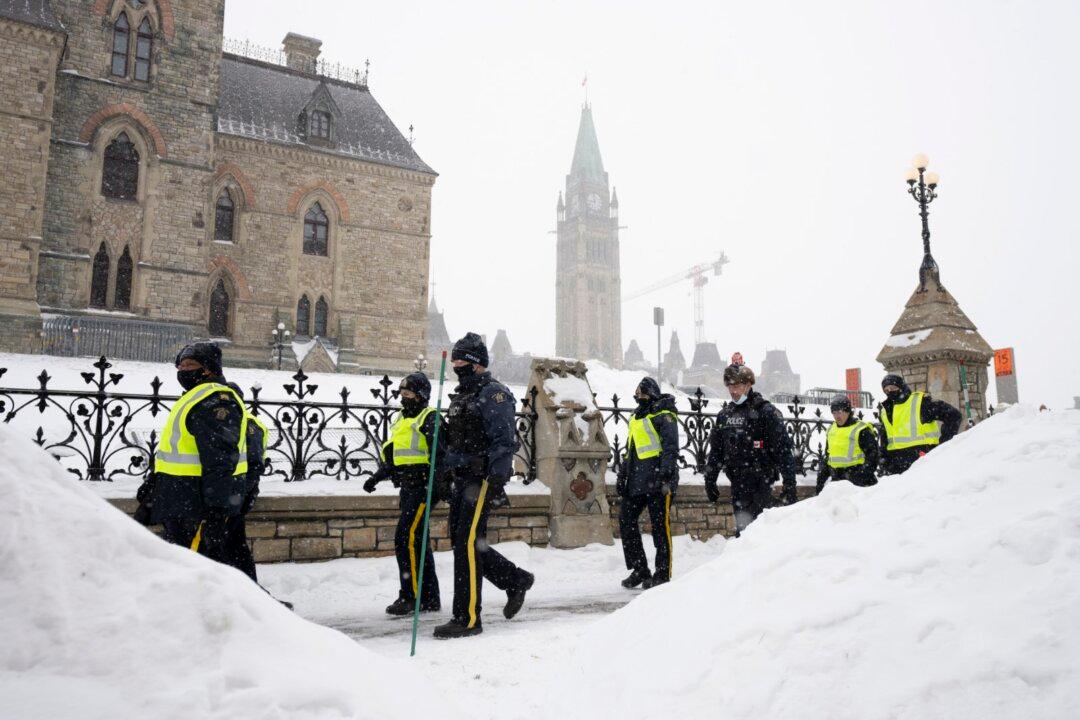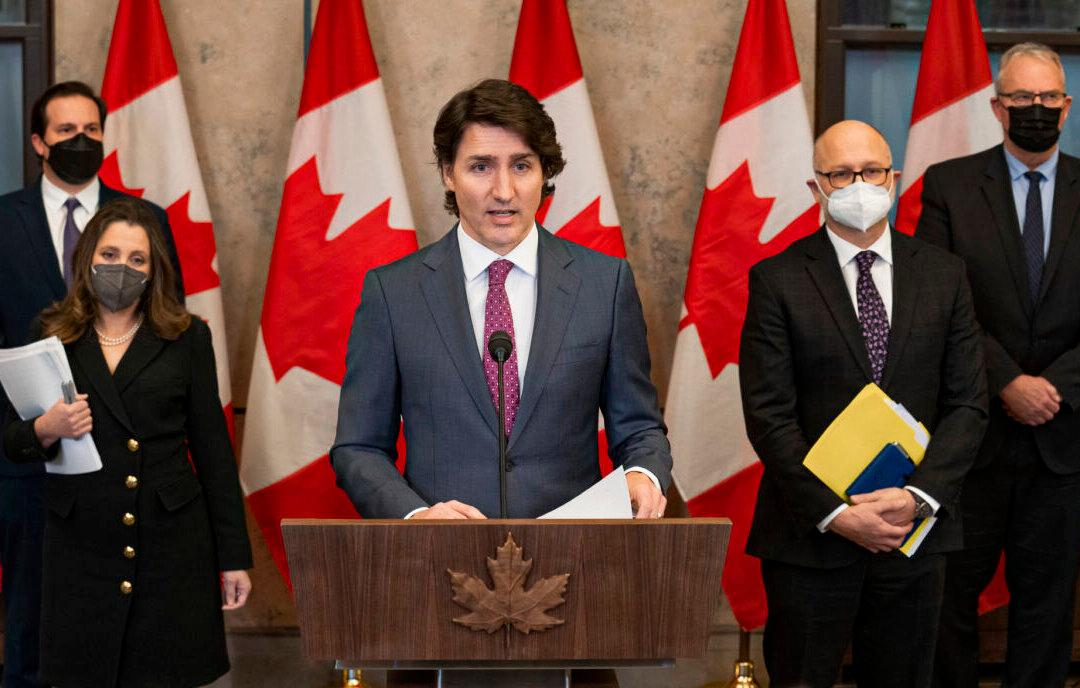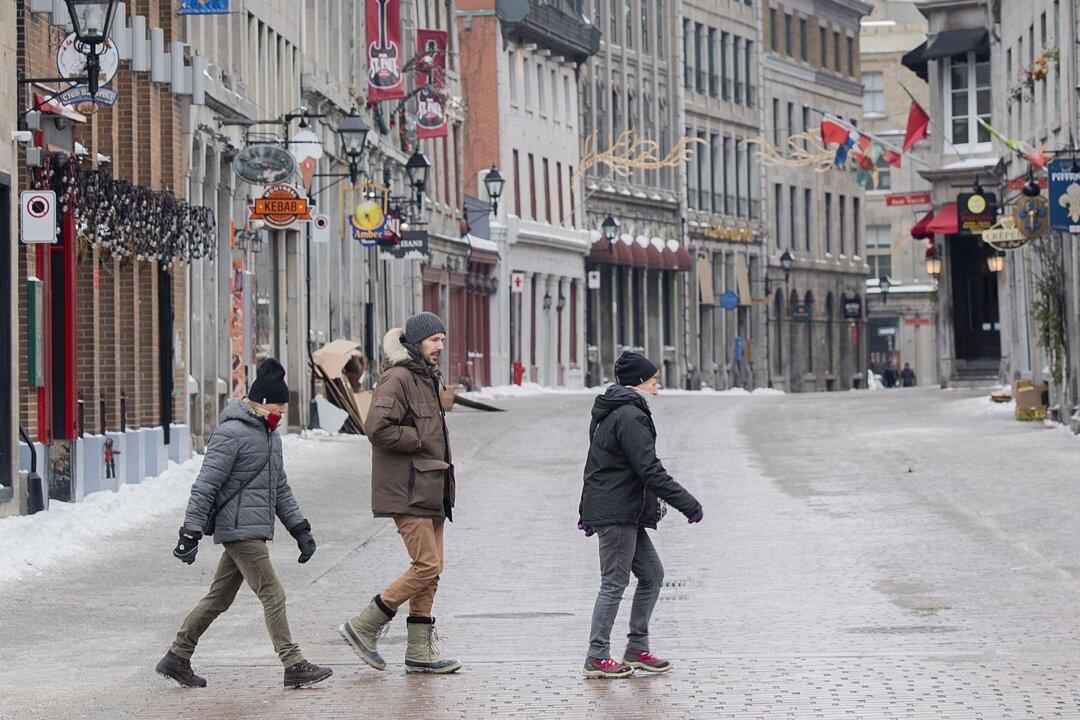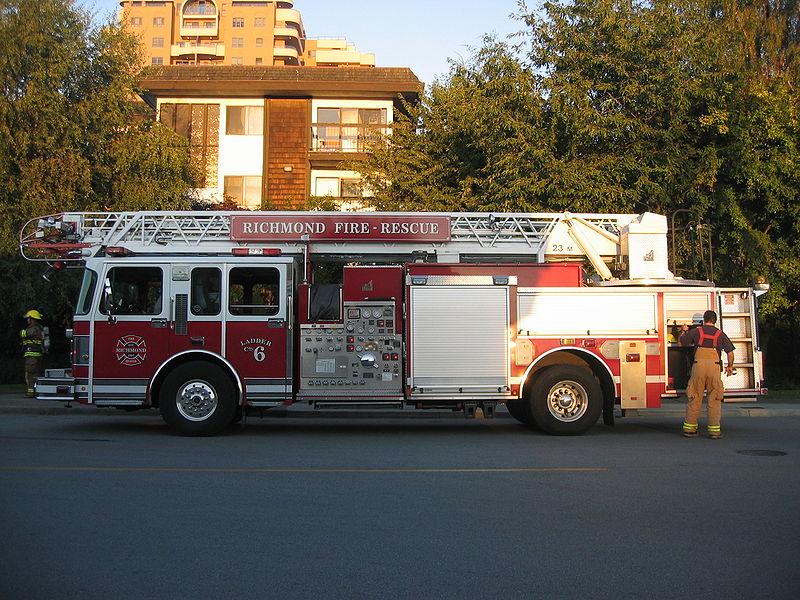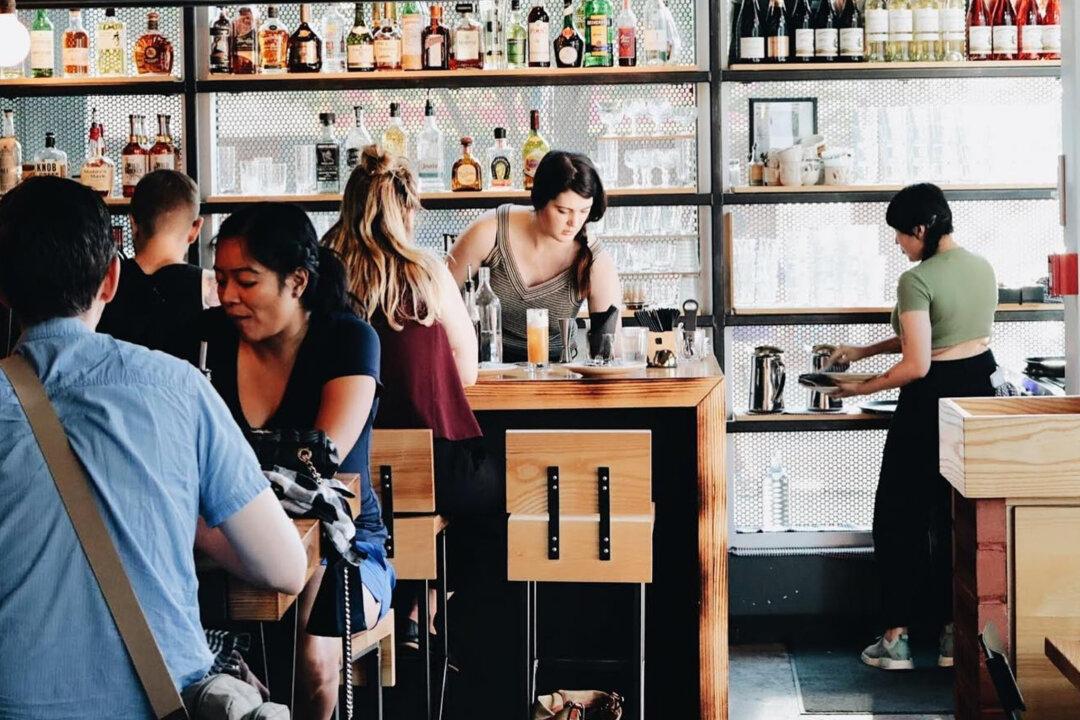Despite the RCMP saying that information on donors to the Freedom Convoy protest is not being forwarded to banks under the Emergencies Act, an Ottawa defence lawyer says banks may act of their own accord and freeze the accounts of a wide range of protest supporters, including donors.
In a Feb. 21 statement, RCMP said that while it remains up to banks to decide which accounts to freeze, at no time did it provide them with a list of donors.
